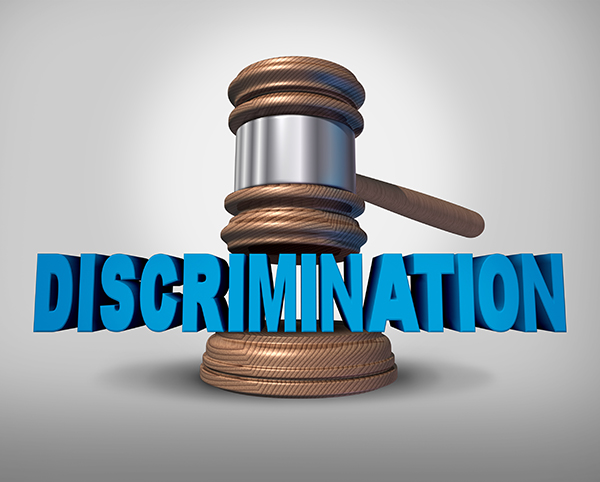
By Anthony Kaylin, courtesy of SBAM Approved Partner ASE
Unconscious or implicit bias, the unconscious attitudes that influence how people perceive and act toward each other, has tremendous impact on employment. There are a number of studies showing its affect on everything from hiring to perceptions of competence. For example, the programmers that built Amazon’s recruitment engine somehow influenced bias – they had to sunset the new tool before it even launched since it was biased against women.
Amazon was building a learning program to review job applicants’ resumes with the aim of mechanizing the search for top talent. However, it was found that its new system was not rating candidates for software developer jobs and other technical posts in a gender-neutral way. Turns out that Amazon’s computer models were trained to vet applicants by observing patterns in resumes submitted to the company over a 10-year period. Who were the majority of resumes from? Men.
But implicit bias may not be as subtle as machine learning and the assumptions of programmers. In a current case in Michigan, a 59 year old director was terminated at a software company, along with a number of older employees, because the CEO wanted “to get rid of employees that were at the end of their rainbow and that they needed to hire athletes who would get in each other’s faces and trash talk.” Another vice president at the organization asked about an older employee and whether she “still had any steam left.”
As previously reported by the EPTW, a 2011 study by Danielle Gaucher and Justin Friesen of the University of Waterloo and Aaron C. Kay of Duke University suggest that gendered wording (i.e., masculine- and feminine-themed words, such as those associated with gender stereotypes) may be an unacknowledged, institutional-level mechanism for maintaining inequality. In other words, job postings for jobs that are traditionally male dominated will likely use male suggestive words such as leader, competitive, and dominant.
The use of words also impacts interviewing. In another study it was found that women were more successful interviewing for a traditionally masculine job when they used masculine words. The study found both men and women were perceived to have done better in mock job interviews when they described their strengths using words more often associated with men, with the women doing significantly better than those who used words associated with women.
Then there is the name issue. In a 2002 study by the University of Chicago, the researchers sent nearly 5,000 resumes to 1,300 job ads they found in newspapers in Boston and Chicago from fictional applicants with “very white-sounding names” like Emily Walsh and Greg Baker and “very African-American sounding names” like Lakisha Washington and Jamal Jones. The names were randomly assigned to higher-quality and lower-quality resumes and submitted for administrative support, clerical, customer service, and sales openings. The white names got 50% more callbacks than the black names, regardless of the industry or occupation.
But there is good news. A 2015 study from the University of Missouri found that name bias may be receding. Researchers sent nearly 9,000 resumes to online job postings in seven cities for positions in sales, administrative assistance, customer service, information technology, medical assistance, and medical office/billing. The resumes from the fictional black applicants bore the last names Washington and Jefferson, while those from white candidates bore Anderson and Thompson, and those from Hispanic candidates bore Hernandez and Garcia. The study found that on average, 11.4% of resumes received a response from an employer and there were no statistically significant differences across race, ethnic, or gender groups.
Yet there is a current case in which implicit bias is being shown to effect salaries of women. A federal judge, relying on the Duke v. Walmart case, denied class certification of 10,000 women against KPMG, essentially stating that the company’s decentralized pay and promotion structure make the suit uncertifiable. It is believed that these local decisions are greatly impacted by implicit bias of the decisionmakers. Women are shown to make 3% less than their male counterparts.
“One of the notable problems with the Walmart decision is it doesn’t address this issue of implicit bias,” said Joseph Seiner, a professor at the University of South Carolina School of Law whose research covers bias class actions. “Study after study has revealed bias can present discrimination in all areas — not just sex, but race, national origin, religion — and so when you put this label and requirement of stringent commonality on top of this, it just becomes almost impossible to establish the pattern necessary to bring these types of claims on a group basis.”